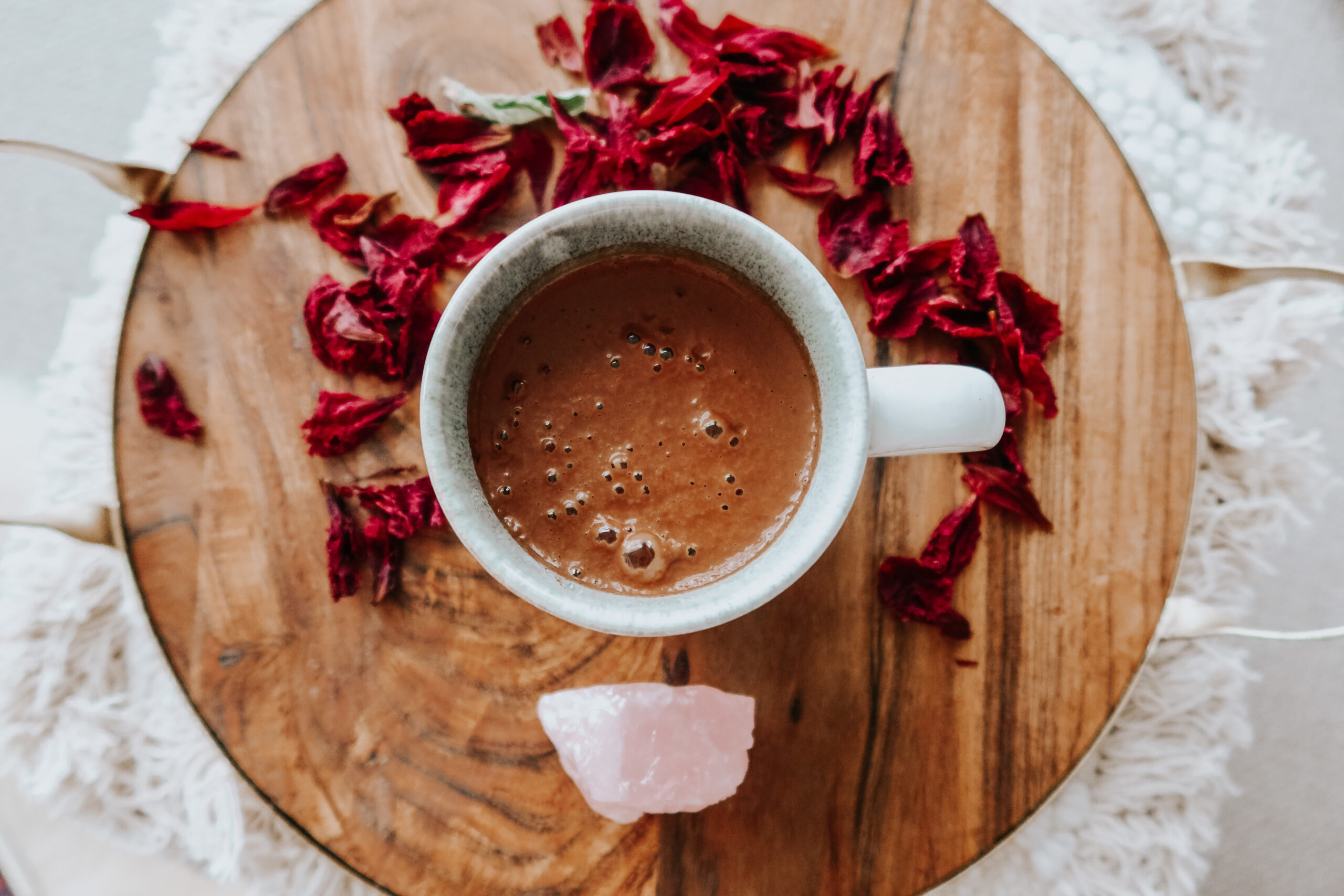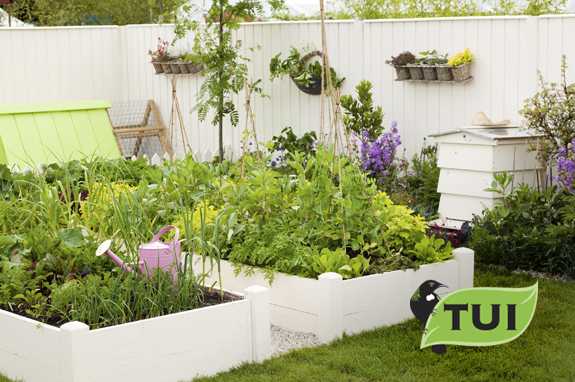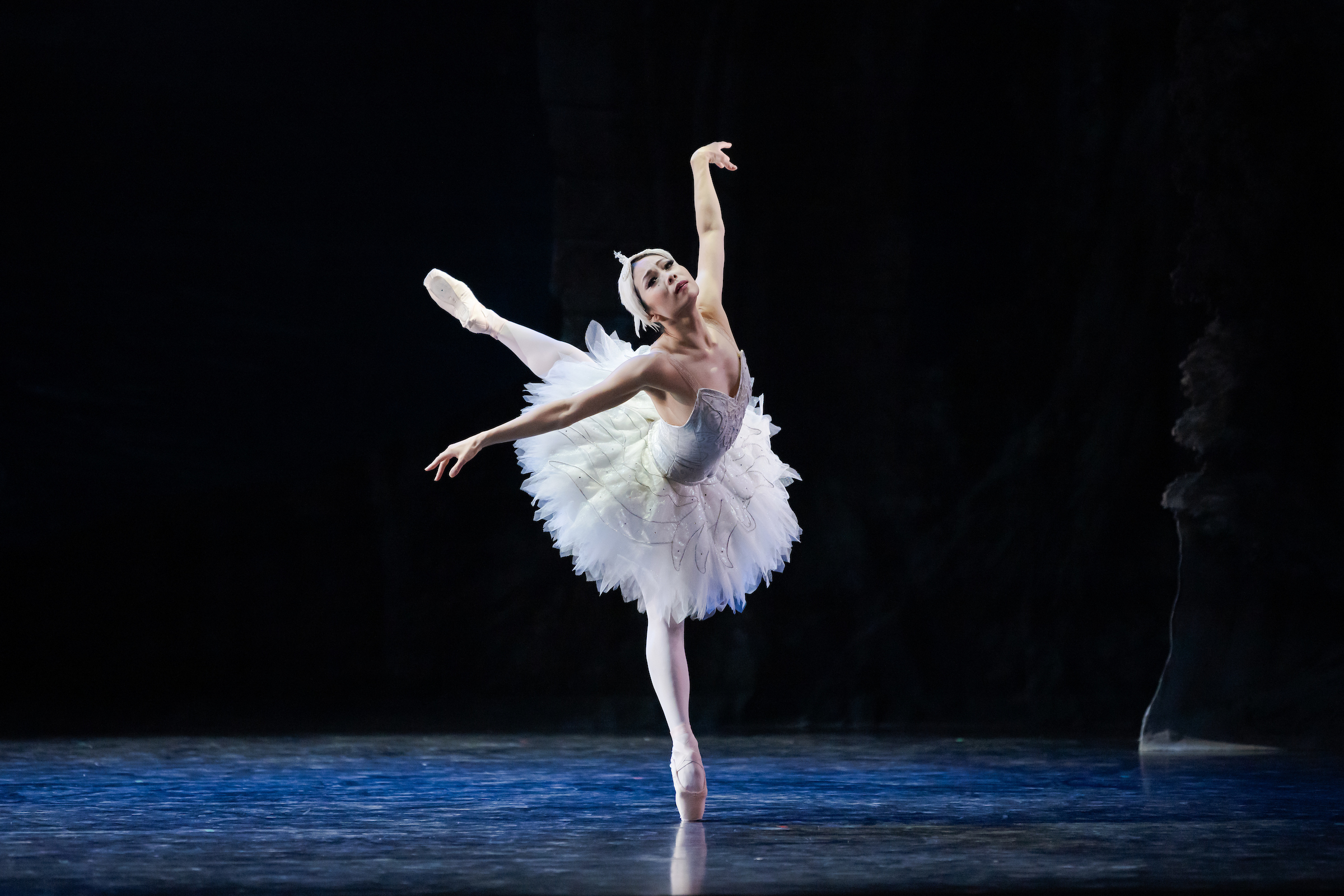When you were younger, exploring your creativity in some way, shape or form was likely something that you just naturally did. Whether that be drawing, coming up with wacky games, telling elaborate stories, or building a fort out of couch cushions.
Children play, get messy, see shapes in the clouds, and use their wild imaginations with very little self-judgement or filtering of dreams and ideas. Then at some point, for a lot of us, it all just stops. Why is that? And at what age does this happen?
You might remember a very specific event that turned you away from your creativity, or it might be a complete mystery. One thing that we probably all have in common though is as we get older we start learning more about the world, realising what is and isn’t possible, which dims our childlike wonder. Thus, affecting our ability to imagine freely and create without the barriers of our logical mind. It’s also what can turn us away from our dreams.
We start to believe what we truly desire is too hard to achieve, or maybe it’s not a “real” career, which can be heavily influenced by our parents, other family members, society, the media and so on. This conditioning often turns us towards safer options, which can make us forget about what we really want, forget about our creative passions, and forget about using our powerful imaginations.
For this reason, I don’t feel there is necessarily an exact age where some of us stop being creative – I believe it’s a process of forgetting that happens over time. Afterall, this is partly why Peter Pan went to Neverland. He didn’t want to grow up and forget about the magic that goes on inside a child’s mind, or in this case, his mind.
Now of course we can’t all live in a fantasy land, and you’re probably creative in other ways like when you invent a new recipe, put an outfit together or DIY something in the house. However, if you’re not consistently practising the process of imagining, visualising, or pushing the boundaries with problem solving and idea generation, then just like a neglected bicep, your creative brain can also weaken. But thankfully Neuroscience research shows that something as simple as picking up a creative hobby, has the potential to strengthen our cognitive abilities and improve creative thinking.
So, aside from entering adulthood, what are some of the other reasons that stop us from being creative and using those skills we learnt as children?
After working one to one with a diverse range of clients who wanted to reconnect with their creativity, I have come to find four common reasons that cause us to hit the snooze button on our creative workouts.
Reflecting on what those reasons might be for you is the first step in overcoming any obstacles or limiting-beliefs that have been holding you back.
Here are four reasons that might have caused you to shy away from your creative side.
4 Reasons Why You Stopped Being Creative

Number One: “Creativity isn’t cool”
This is where it begins for a lot of people.
At primary school and under, creativity is celebrated and encouraged. Almost no one is going to pick on you for thinking outside the box, or making a funky paper mâché mask, or playing a musical instrument. Once you hit intermediate and above however, kids start getting a little more judgey and slowly divide into groups – segregating each other into the “cool” and “not so cool” categories.
Previously peers found Timmy interesting for playing the trumpet, now peers think Timmy is a bit of a nerd. This sounds harsh, and it is, but it’s also exactly what happens (in most cases). This type of out casting can really affect people, especially when you’re younger and still learning how to deal with your emotions or feel comfortable in your own skin.
The pressure of wanting to fit in can make people give up their creative hobby altogether. In fact, I had this exact conversation with a friend recently. He did play the trumpet, and actually stuck at it through intermediate school, and was very good. Then he got to high school and was bullied, so gave up playing his instrument and started playing rugby instead, because it was the “cooler” option.
Now, 15+ years later, he wishes he stuck at it. So, I gently encouraged him to pick it back up again. Two days later he found the trumpet in his parents’ garage. I’m looking forward to seeing what happens next.
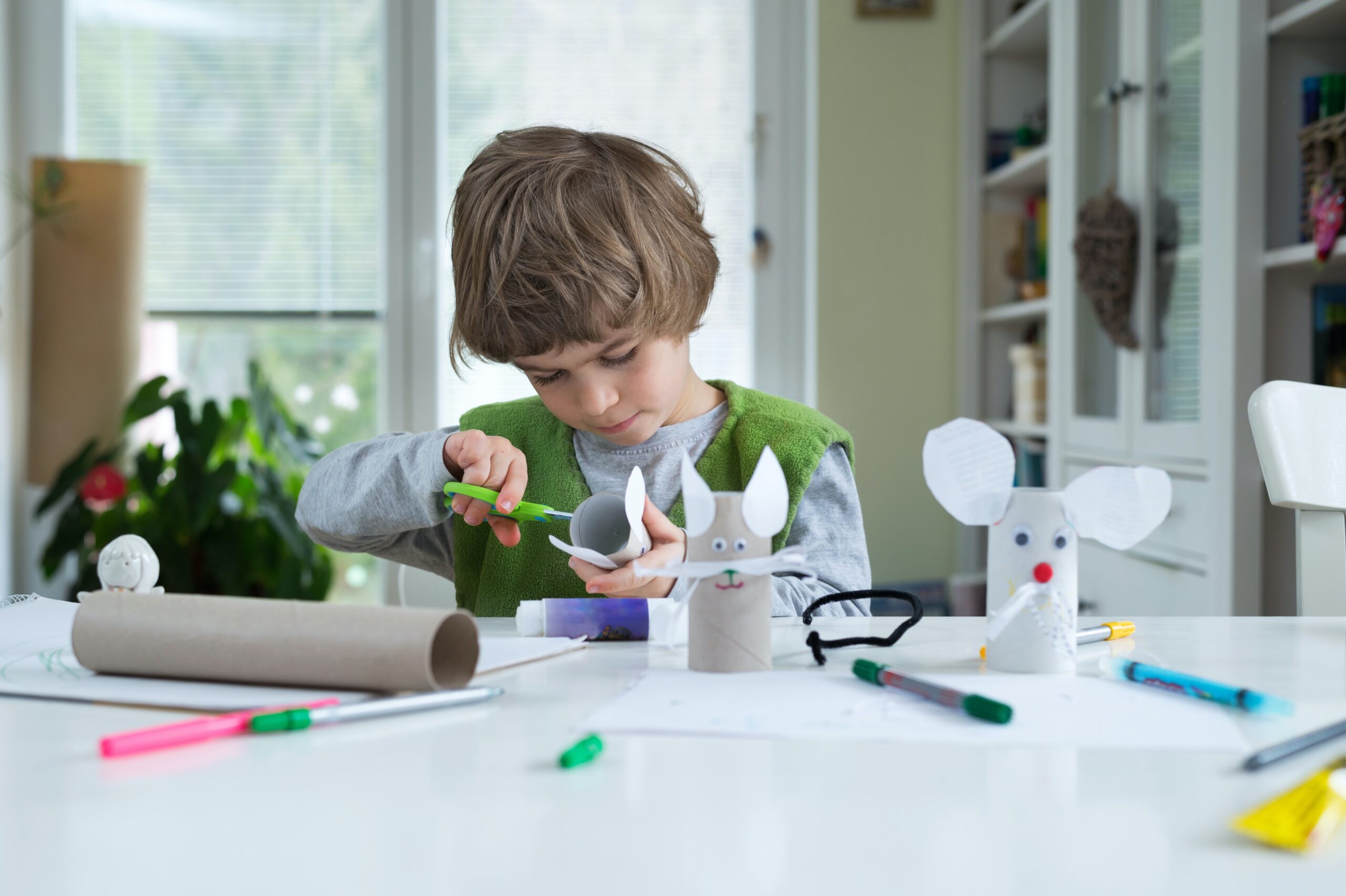
Number Two: “Creativity isn’t important”
Here’s another one that goes back to school, well actually, the education system.
Creativity starts off as a core focus because it’s common knowledge that using your creative brain fosters mental growth, as well as nurturing children’s emotional health. But eventually the focus becomes heavily academic.
Apparently, it’s more important to learn about maths, science, history, geography, economics etc. And yes of course these are important subjects, but that doesn’t make them superior to non-academic subjects. They both play a role. Although a lot of people would argue that creative development is vital throughout all of your schooling years and should remain at the forefront. I happen to agree, as does the late Sir Ken Robinson, whose TedTalk is called ‘Do Schools Kill Creativity?’ – watch here.
It’s a real shame that students are pushed into needing and believing that they have to get high academic grades in order to get into university or to be successful in life. Of course, it depends on what you want to do, but no wonder so many teenagers feel lost.
And if we are taught at this level that creativity isn’t as important, well, it makes sense that so many people give up their creative passions so early on.
Number Three: “My job is very logical”
If you spend the majority of your day thinking logically, working on tasks like analysing data, sorting out office expenses, or flicking through multiple spreadsheets, your logical brain essentially becomes dominant. Which of course there is absolutely nothing wrong with, and a lot of people get plenty of joy out of this type of work. For those ex-creatives however, it can start feeling more glum than fun, especially if they’re not tapping into their natural abilities.
I have met a handful of people that say they’re not creative at all and proceed to tell me they are accountants, project managers, work in banking or in IT. Then after further digging I find out they “used to be creative,” but have become accustomed to a logical lifestyle.
I totally get it, and that’s not to say all people with more logical jobs aren’t creative. You could go to work at the bank during the day then go to an art class at night. The difference is some of us forget how to strike that balance, or simply have become “too busy” and don’t have time.
Which brings me to the final reason why you (might have) stopped being creative.
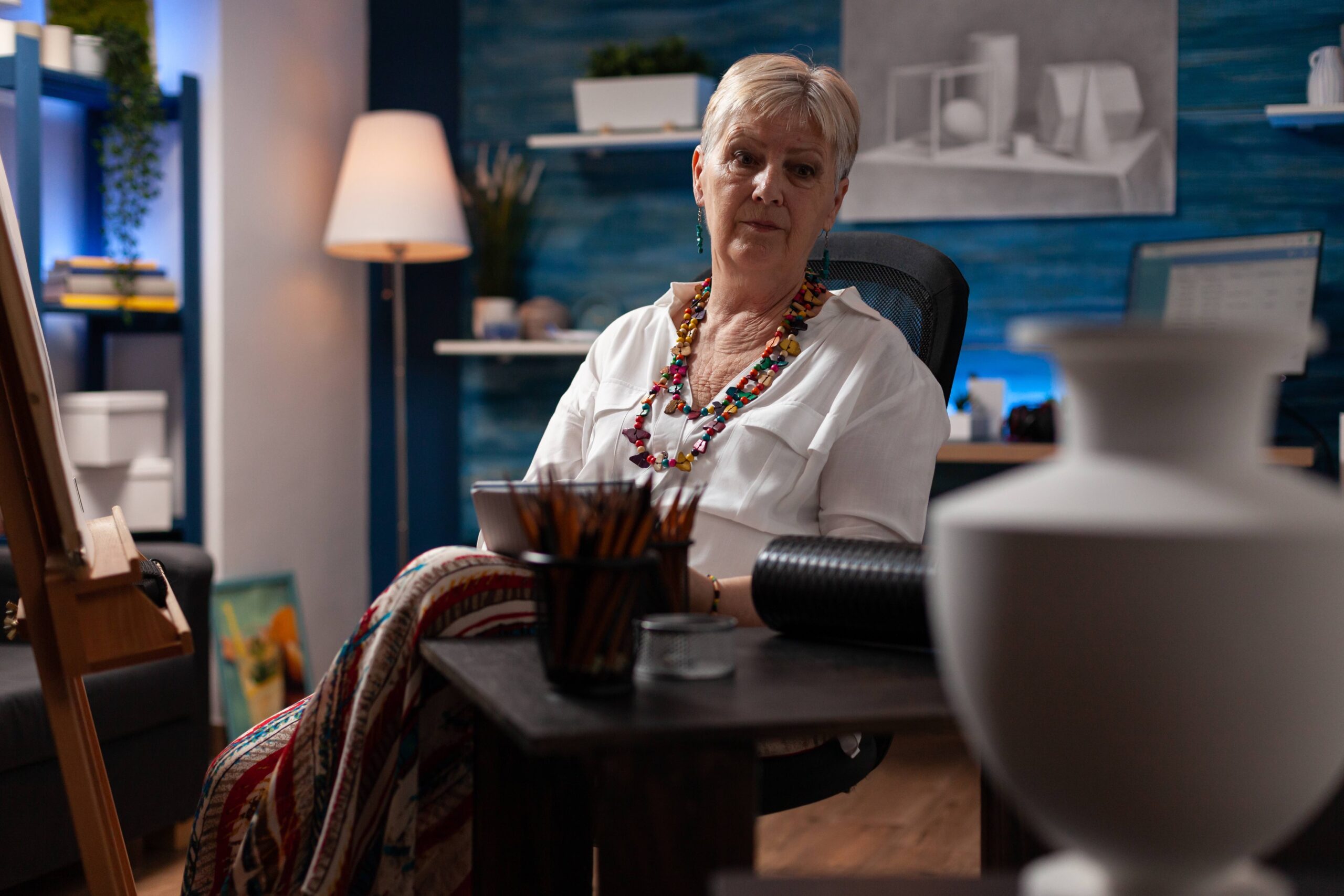
Number Four: “I don’t have time”
I have heard this one a lot recently, especially in the Vision & Vino workshop that I run at La Zeppa in Auckland, where participants have said it was so nice to spend dedicated time creating.
Let’s face it, life is busy! Ask someone “how’s your day been?” and the most common response is “busy.”
The cold hard truth, however, is that you have to make time for the things you want to do. I don’t mean magically conjure up extra time out of thin air, I mean prioritise.
If dancing makes you happy, or writing poetry, or creating music, or taking beautiful landscape images with the camera you bought several years ago that’s collecting dust – you need to allow yourself the time to connect with whatever you’re passionate about.
Life’s too short to stop doing the things that light us up inside. So even if it’s just a couple of hours a week, you owe it to yourself to bring that juicy, sparkly, creative energy back into your life.
Read more: 4 Simple Ways to Enhance Creative thinking
Lara Franks is a holistic life & creativity coach. larafrankscoaching.com



